Our Coaches
The team that builds our team.
Coach Curtis Sinton
Head Coach & Program Director; Air 4
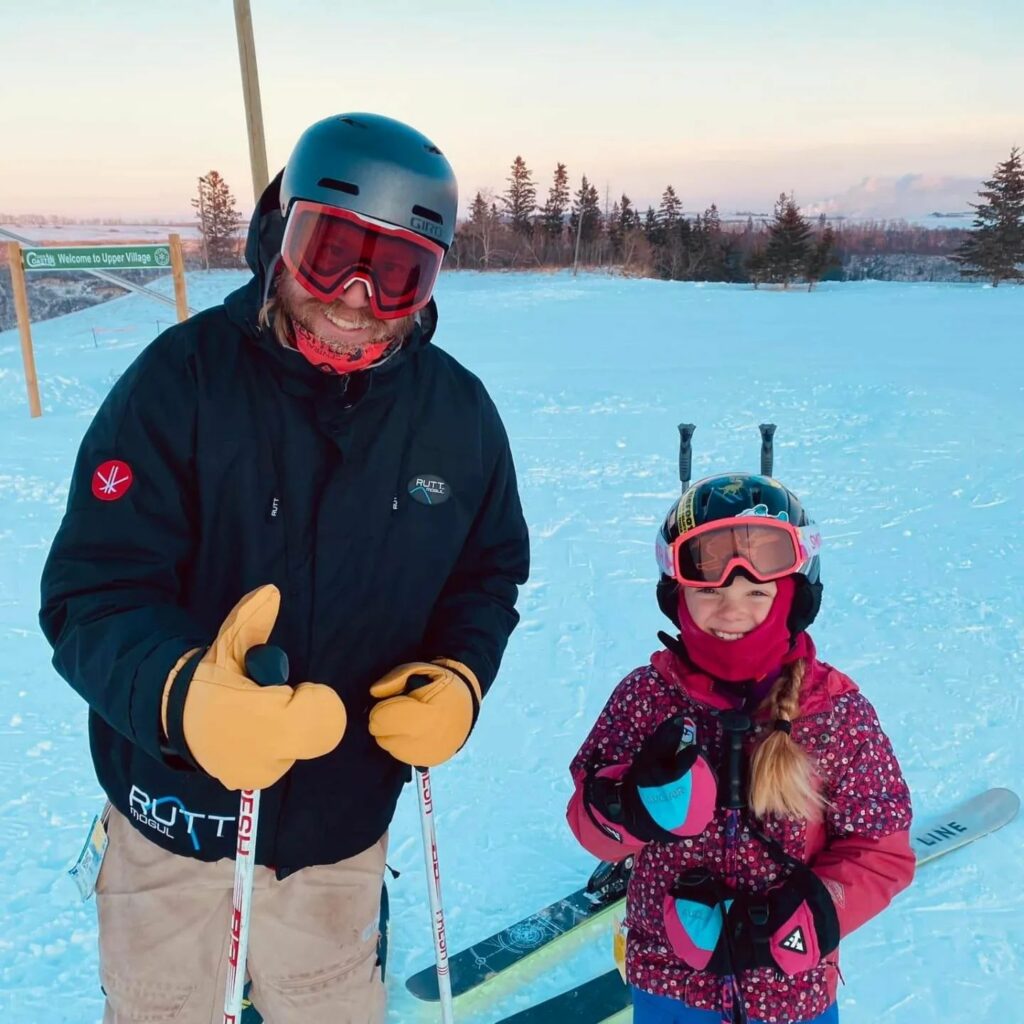
Slopestyle
Moguls
Skiing is truly a passion for Curtis and that passion began when he first got on the slopes when he was two. Curtis has been involved in freestyle skiing since 2002:
As a competitive athlete:
- Curtis spent five seasons as a club level athlete, competing at the Jr. National level in all freestyle disciplines.
- Curtis spent a season on the Alberta Mogul Team, competing at Canada Cup, Senior Nationals, as well as the US selections and NorAm competitions.
As a coach:
- Head Coach and Program Director with Central Alberta Freestyle Club since 2019
- Ten years with the Southern Alberta Freestyle Club, with seven of those years as the Head Coach and Program Director.
Curtis started coaching as a way to stay involved and give back to the sport that provided him with so many opportunities growing up. His coaching development was kickstarted by completing Freestyle Canada(FC) Supercoach Academy early in his coaching career.
In 2015, he graduated from Mount Royal University with a Bachelor of Applied Business and Entrepreneurship for Sport and Recreation Management. Since then, he has continued his professional development to the CompDev level in Moguls and Halfpipe. Curtis has been an FC Learning Facilitator since 2018.
Coaching Team
Mya; Air 2
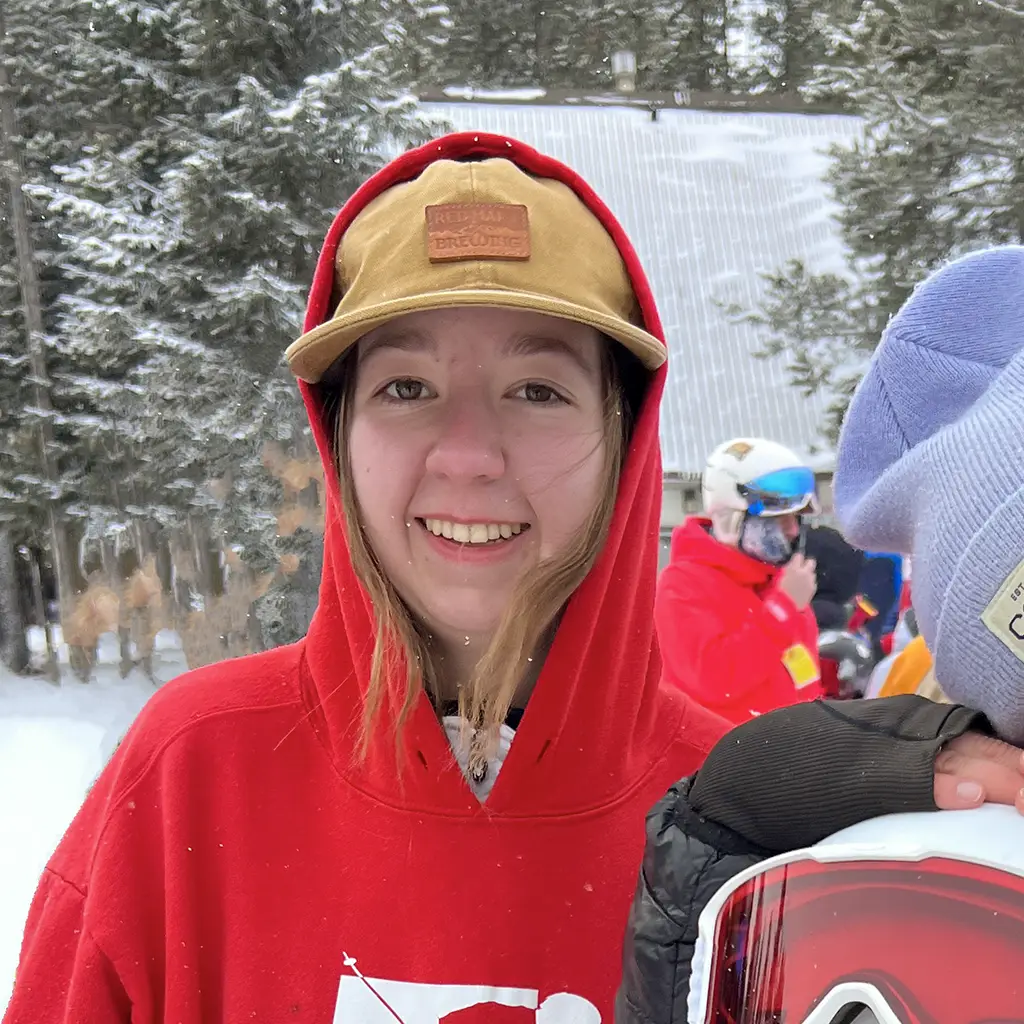
Slopestyle
Moguls
Freestylerz
Cade
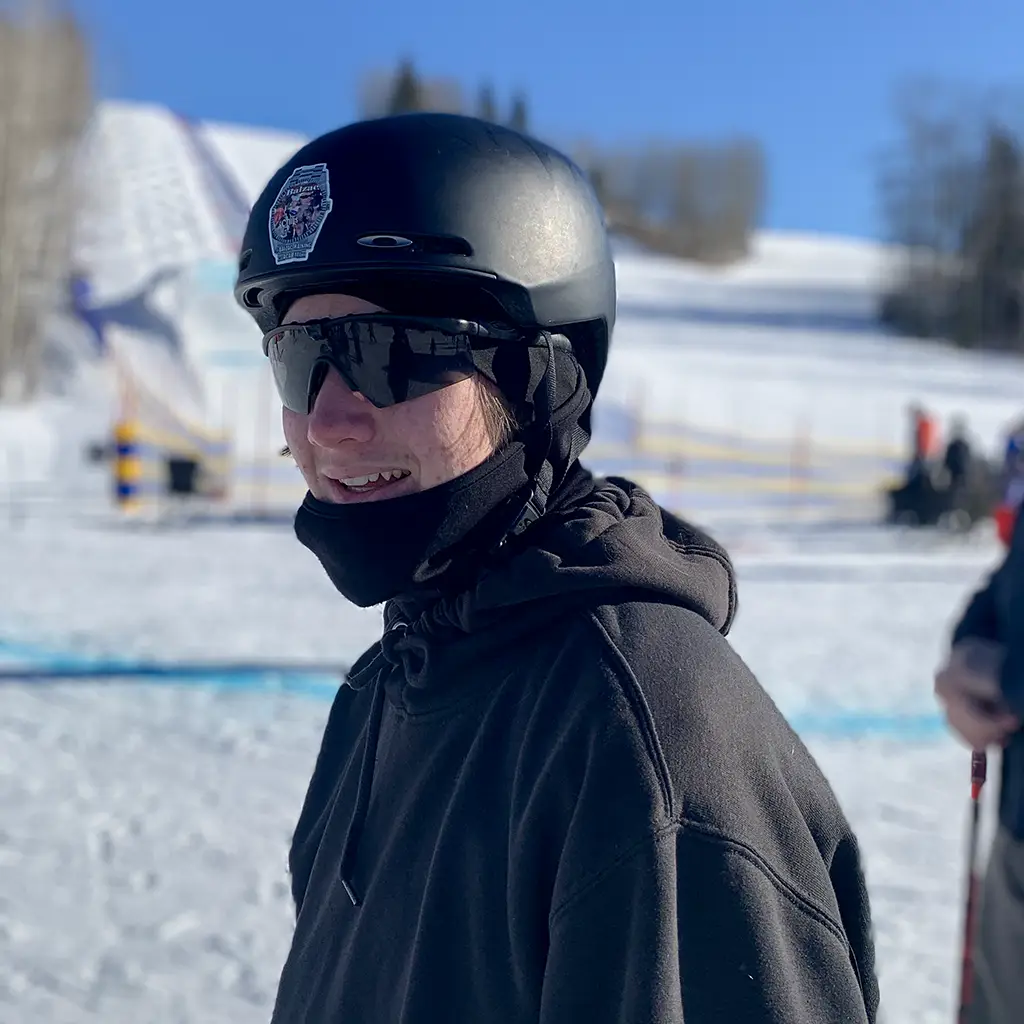
Slopestyle
Moguls
Freestylerz
CeiAnna
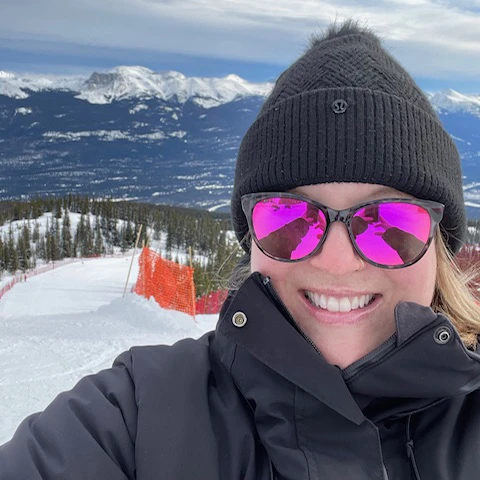
Moguls
Fundamentalz Lead Coach
Anthony
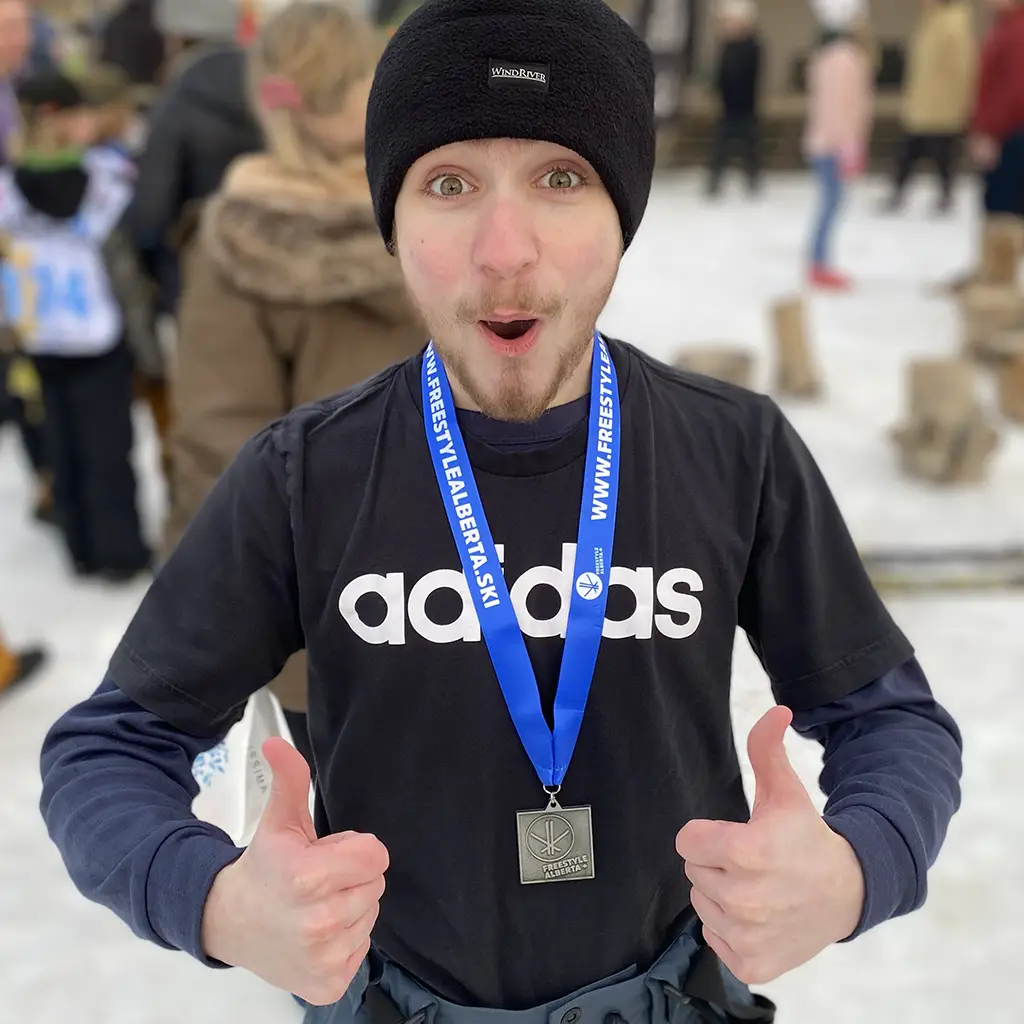
Slopestyle
Moguls
Fundamentalz
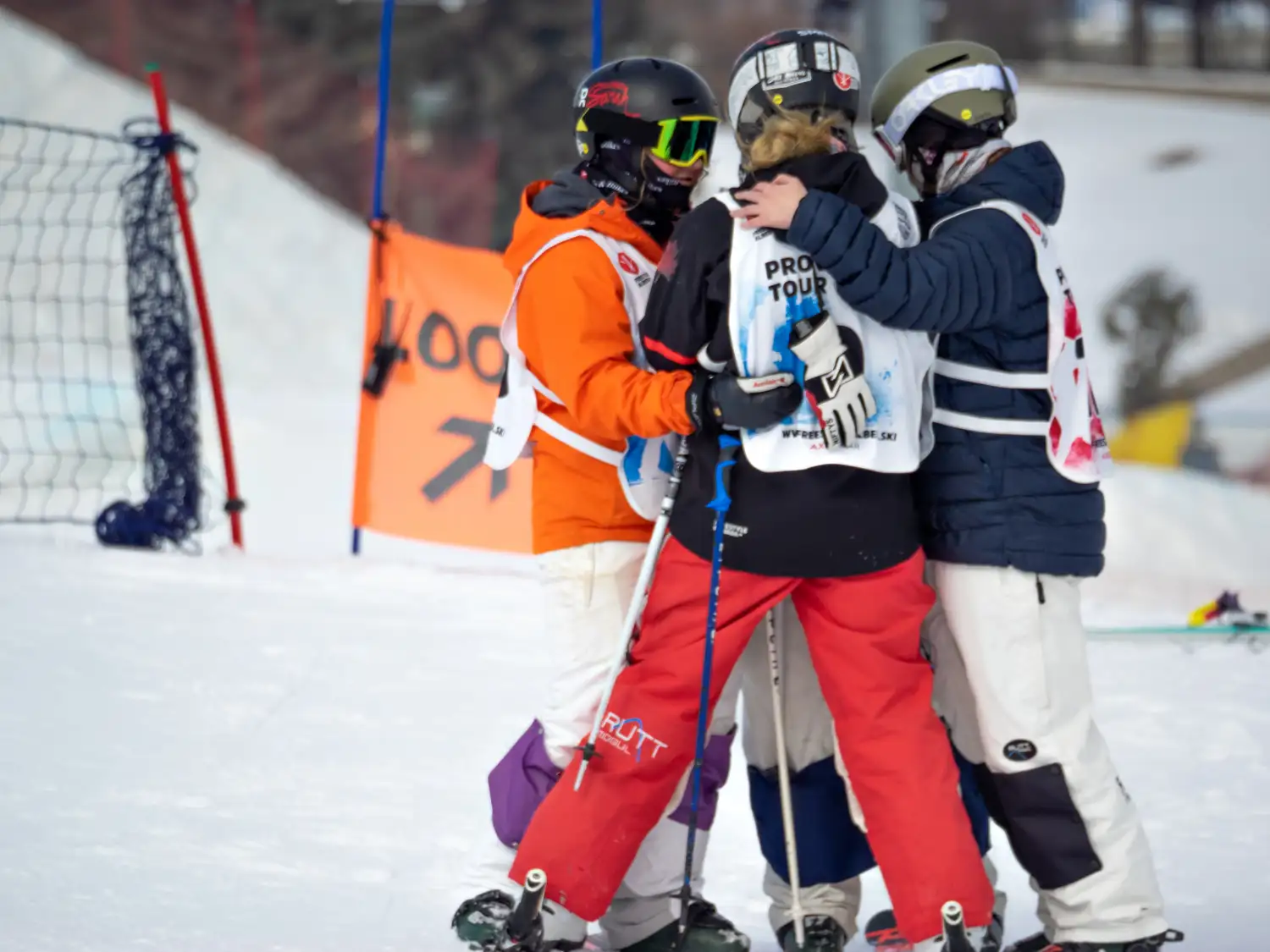
Coaching Philosophy/Methodology
Coaching successfully is a combination of:
- Creating a fun, engaging, and inclusive environment for learning.
- Coaching technical skills, always prioritizing safety.
- Encouraging athletes to find intrinsic motivation and internal validation as they progress.
- Developing SMART goals that emphasize the process rather than just outcomes.
- Utilizing positive reinforcement and the “correct over detect” feedback method.
- Effectively manage and support the organic progression of athletes through various stages of development.
- Aligning with the Long Term Athlete Development model:
- Athletes benefit from avoiding early specialization and promoting cross-training.
- While athletes may focus on one discipline, they are encouraged to continue training in all relevant areas.
- Optimizing athlete development with a Yearly Training Plan (YTP) and personalized periodization.
- Grouping athletes by development age and ability, rather than chronological age.
